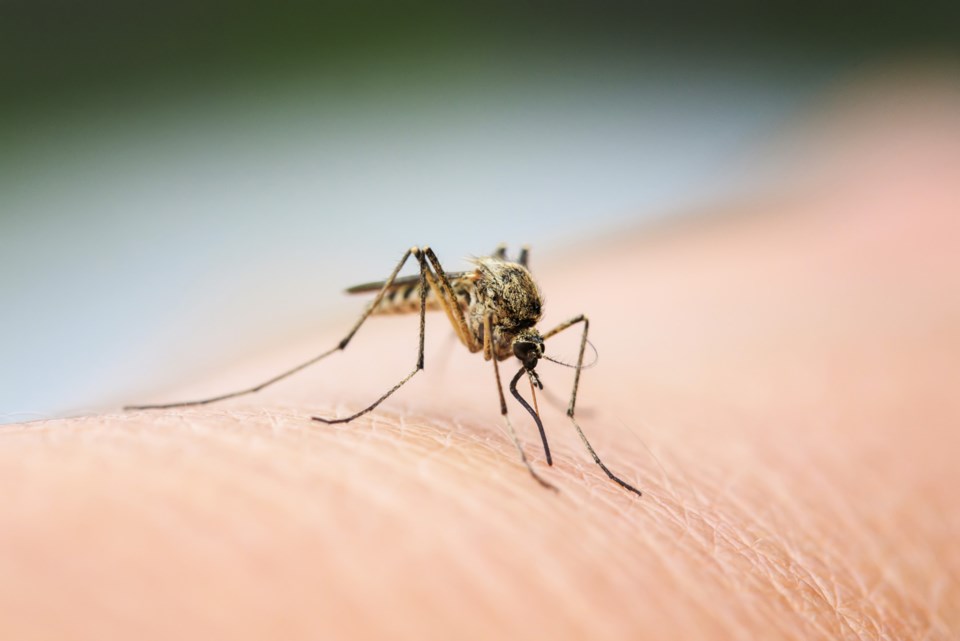Waterloo Region Public Health has confirmed the first two locally acquired human cases of West Nile virus for 2024.
The last local case reported in Waterloo region was in 2018.
West Nile virus is spread through the bite of an infected mosquito.
“The hot summer temperatures and increased levels of rain over the last few months have created the favourable conditions for West Nile virus in our region and other areas across the province,” said Dr. Rabia Bana, Associate Medical Officer of Health. “While we await cooler fall temperatures and the first frost, residents should continue to take precautions to protect themselves from mosquito bites when enjoying outdoor activities. In addition, be sure to look around your property and remove standing water sources where mosquitos can breed.”
Most people do not experience any symptoms when infected with West Nile virus. For those who do, symptoms occur 2 to 15 days following an infected mosquito bite. Symptoms may include mild fever, headache, muscle aches, stiff neck, swollen glands and skin rash. Less than one per cent of human cases develop more severe symptoms. Persons who develop symptoms of West Nile virus after getting a mosquito bite should seek medical attention.
Protect yourself from mosquitoes
- Use screens on your windows
- When you are outside:
- Wear light-coloured clothing, long sleeves, pants, socks, and a hat
- Use insect repellent with DEET or Icaridin according to manufacturer recommendations
- Avoid being outside at dusk and dawn when mosquitos are most active
Eliminate mosquito breeding grounds
- Don’t allow outdoor objects to collect water
- Cover rain barrels with a fine mesh screen
- Change the water in birdbaths at least once a week
- Keep pool covers drained of standing water
- Don’t allow water to collect in roadside ditches or in low-lying areas on your property
- Clean up brush and debris that could act as mosquito breeding areas
- Aerate ornamental ponds and fountains so that water does not sit still
Public Health conducts various activities to protect residents from West Nile Virus such as case investigation, mosquito testing, and actions to control the mosquito population.
For more information about West Nile Virus visit regionofwaterloo.ca/FightTheBite.



